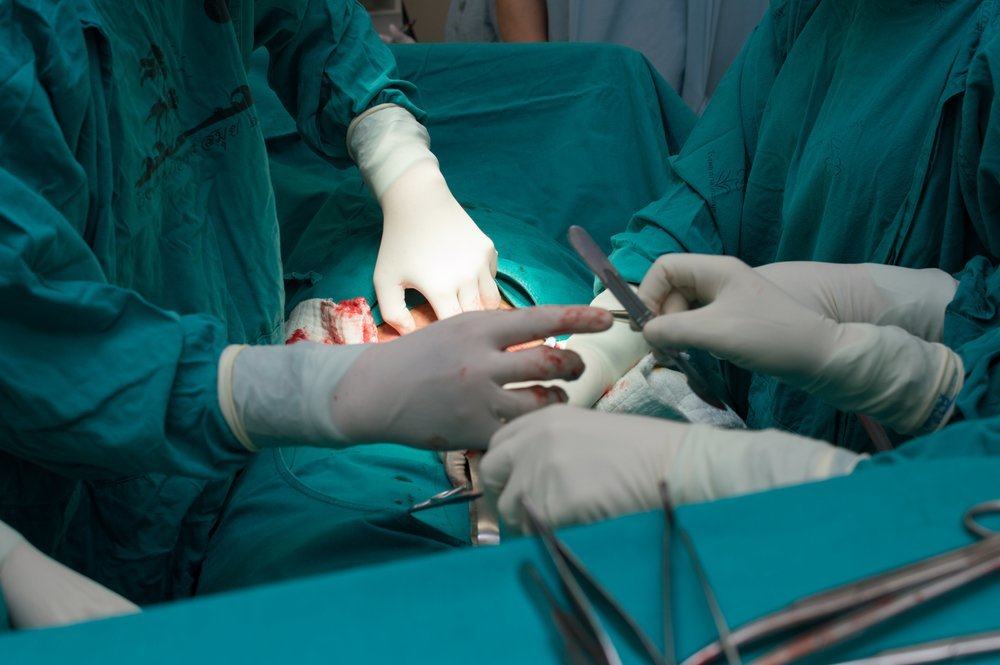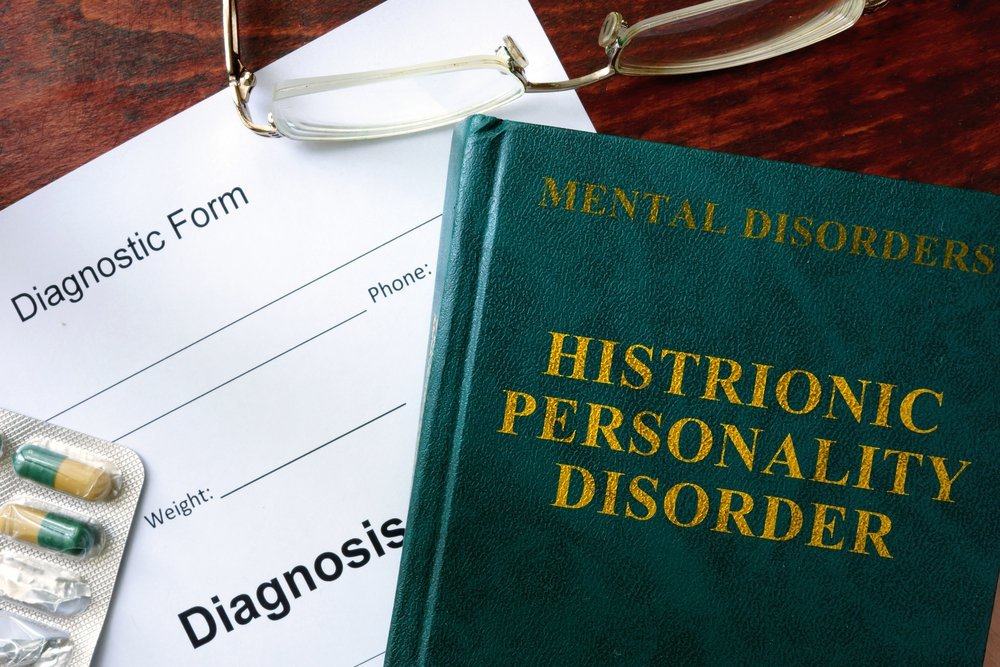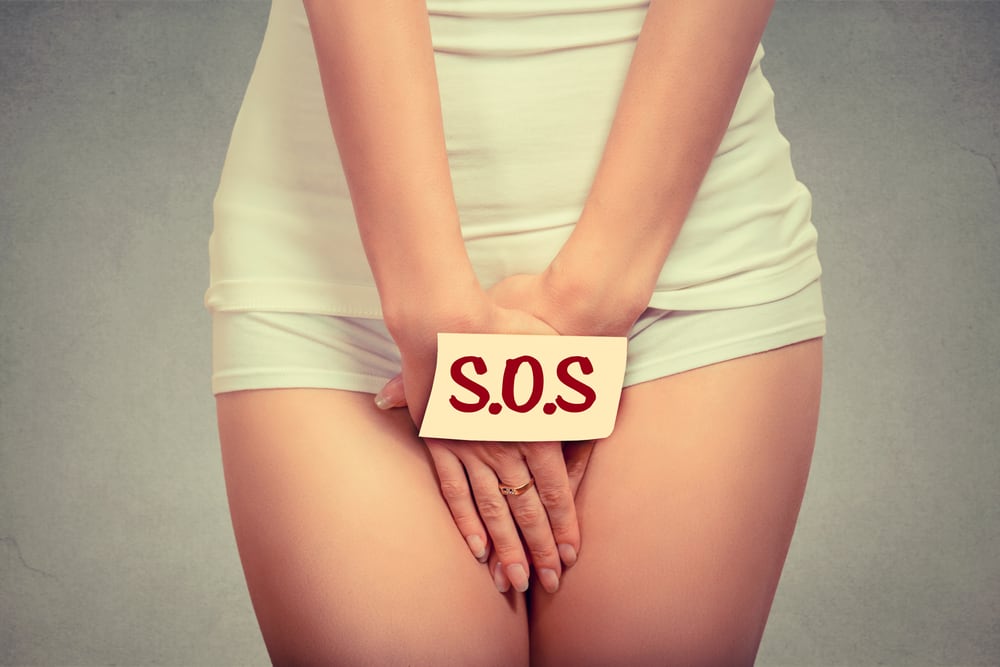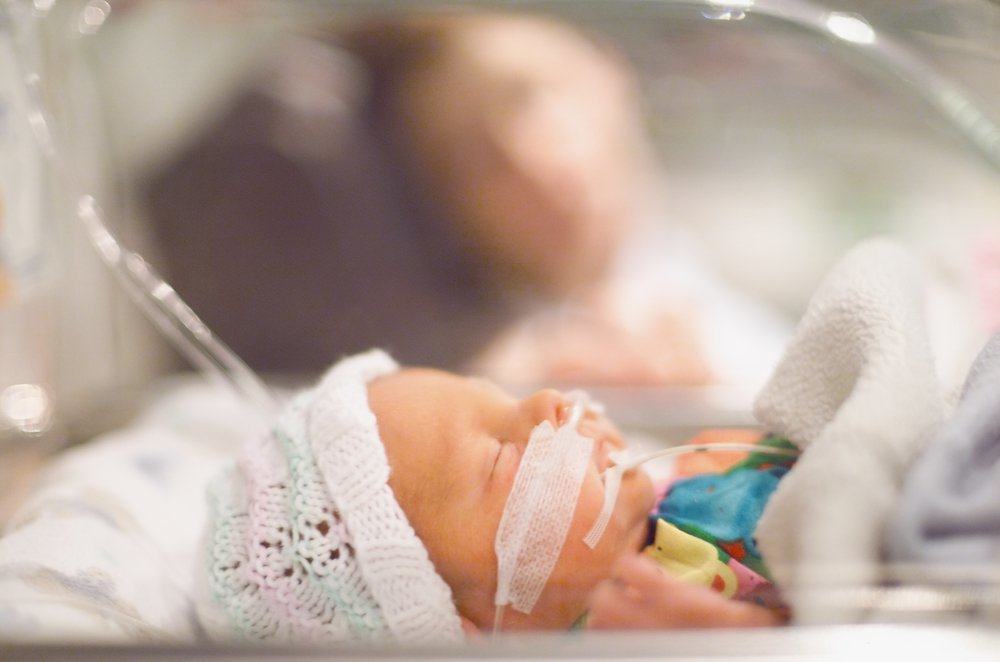Contents:
- Medical Video: Labor And Delivery Child Birth | Manipal Hospitals
- Scissors the vagina during delivery, is it needed?
- Episiotomy is not as painful as you might think
- What about episiotomy wounds after giving birth?
Medical Video: Labor And Delivery Child Birth | Manipal Hospitals
Normal childbirth is what most women want. At this time she said women could feel like women as a whole. Yes, the struggle to give birth to a child is not easy. Many sacrifices made by the mother and the pain that the mother bears during childbirth. However, it seems that many women feel afraid before giving birth, for fear of having to undergo an episiotomy or vaginal scissors. In fact, mothers need not be afraid.
READ ALSO: Normal Childbirth: Here's the Process and Stages
Scissors the vagina during delivery, is it needed?
Apparently, not all mothers need an episiotomy during birth. Before discussing it further, maybe some of you are not familiar with this term. Episiotomy is a deliberate incision in the perineum (muscle area between the vagina and anus) to enlarge the vagina as the birth canal of the baby. This is intentionally done to help your baby be born, especially if your vagina is not stretched enough during birth.
However, not all mothers give birth need an episiotomy. Only in certain conditions can an episiotomy be performed, such as:
- Your baby has a fetal distress condition (fetal distress) at birth, so the baby needs to be born quickly
- The birth process of your baby has been running for a long time
- The birth of your baby needs help to expedite the process. Usually this is needed if the baby is breeched or if you experience serious health problems so the baby needs to be born quickly.
- Your vagina may be seriously torn if forced without an episiotomy. This can happen because the size of the baby is bigger than the size of the mother's vaginal opening, so the vaginal opening needs to be enlarged.
If not because of the conditions above, an episiotomy is not needed. If the episiotomy is carried out for no apparent reason, what the mother gets is more harm than the benefit.
Episiotomy is not as painful as you might think
In fact, you will not feel anything when making an incision in your perineum. Yes, an episiotomy is done by injecting you with anesthetic first. Anesthetic will be injected into the area around your vagina, so you will not feel pain when doing an episiotomy.
After making an incision in your perineum, then the former incision will be sewn immediately so that there is no serious bleeding. These stitches will dissolve with your skin after you give birth. So, you don't need to think about the stitch marks again. After the mother succeeds in giving birth and seeing the baby being born into the world with health, all the pain that the mother feels when giving birth will disappear.
READ ALSO: Guide to Caring for Vaginal Sutures After Childbirth
What about episiotomy wounds after giving birth?
Episiotomy scars usually heal within two weeks to one month after you give birth. However, don't worry about the pain during this healing period. You may feel mild to moderate pain after you get an episiotomy. To alleviate it, you can do various ways, such as:
- Place a bag of ice or ice cubes wrapped in a towel on the area around the affected perineum. But, never put ice cubes directly on your skin because this can cause damage.
- Use soft pillows when you sit. This can relieve the pressure and pain in the area around the perineum when you sit.
- Try to keep the area of the stitches dry and not moist. This can speed up the healing process. Gently wipe the part of the stitch with a soft towel gently after each shower or a bowel movement.
- Try to expose stitch marks with air. This can also speed up the healing process. You can take off your clothes and lie down on a towel on your bed for 10 minutes, once or twice a day.
- A warm bath can also make you more comfortable and ease the pain from stitches.
If the above method has not been able to relieve your unbearable pain, you need not be afraid. There are still various painkillers, such as paracetamol, that you can use. However, you can not use any painkillers when you are breastfeeding.
The following are painkillers that you may and may not take while breastfeeding:
- Paracetamol, safe to drink when you are breastfeeding
- Ibuprofen, you should not use it if your baby is born prematurely (before the age of 37 weeks), the baby has a low birth weight, or the baby has a medical condition
- Aspirin is not safe to drink while breastfeeding because it can enter your baby's body through breast milk
It's best to immediately consult your midwife or doctor if you experience unbearable pain. However, in general mothers only feel mild pain. Research has also shown that only about 1% of mothers will experience severe pain due to episiotomy, which can interfere with daily activities and reduce their quality of life.
READ ALSO: Take Flu Medication When Breastfeeding, Is It Safe?












